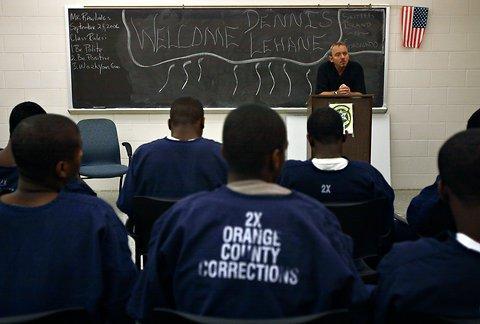New Ruling for Juveniles
The Supreme Court ruled on June 25th that it is no longer constitutional to sentence juveniles to a mandatory life sentence without parole when the crime involves murder. Two cases came into play during the ruling. Not all judges agreed as the vote was split 5-4. Justice Elena spoke out for the majority saying the old law is “cruel and unusual punishment.” She then went on to talk about teenagers being capable of change.
Two cases were cited during the ruling. Miller vs. Alabama and Jackson vs. Hobbs played a huge part in the justices determining the meaning of the Eighth amendment. In the case of Miller vs. Alabama, the teen set fire to a neighbor’s trailer after severely beating him. Due to smoke inhalation, the neighbor passed away. Miller was convicted of capital murder after the case was sent to adult court. The defendant’s attorney argues that Miller being only 14 should not be given adult consequences for his actions.
In the same manner, the case of Jackson vs. Hobbs resulted in a sentencing of life without parole for a 14 year old. Jackson was held responsible as an accomplice to murder when he tagged along with an older teenager who shot and killed and video store attendant. Even in the circumstances of not doing the actual killing, Jackson was still forced to earn the sentence through the current laws at the time.
Currently, over 2,500 convicted criminals are serving mandatory sentences of life without parole. All of these prisoners were under the age of 18 when the crime was committed. The new ban allows that juveniles be given a chance to plea to the judge for a lesser sentence. More power is put in the judge’s and jury’s hands when giving out sentences. This is something that was followed from the Roper vs. Simmons and Graham vs. Florida cases in 2010.
 1200 Harger Road, Suite 830, Oak Brook, IL 60523
1200 Harger Road, Suite 830, Oak Brook, IL 60523








